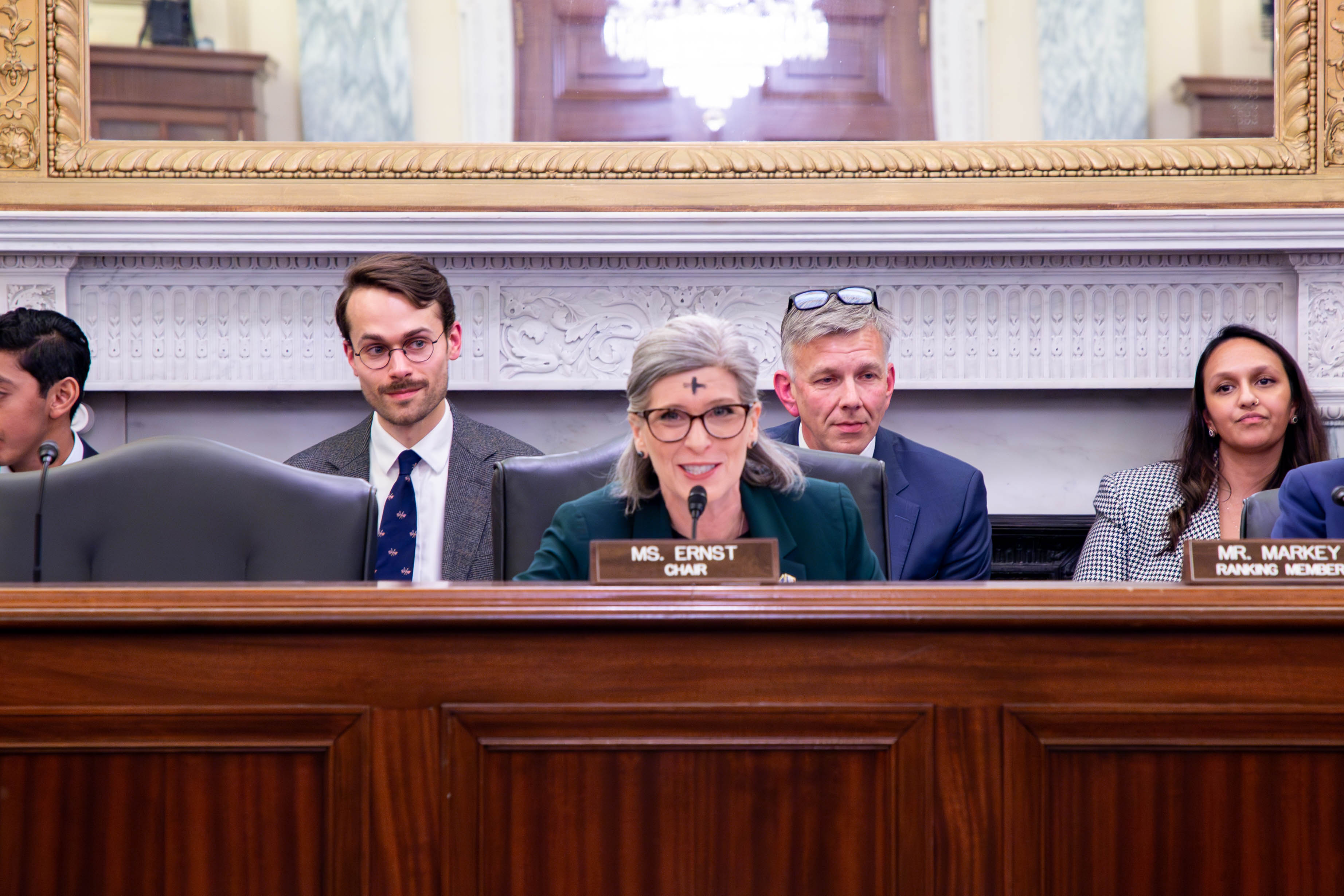Ernst Exposes Concerning Ties to China in Critical Defense Program
Ernst illustrates why increased due diligence through her INNOVATE Act is needed in preventing China from stealing IP.
WASHINGTON – During a Senate Committee on Small Business and Entrepreneurship hearing, Chair Joni Ernst (R-Iowa) demonstrated why it is critical to pass her INNOVATE Act to strengthen due diligence of foreign ties for recipients of the Small Business Innovation Research (SBIR) and Small Business Technology Transfer (STTR) programs.
During the hearing, Ernst exposed how inconsistent vetting standards within the programs have allowed companies with ties to China to receive hundreds of millions of tax dollars for critical defense research, including the company of one of the witnesses testifying before the committee.

Click here to watch Chair Ernst’s questioning.
Ernst questioned Triton Systems Executive Vice President Dr. Ken Mahmud on concerning ties between his company’s chief executive officer and a Chinese Communist Party-backed investment firm, CITIC Capital Acquisition Corp. These ties are especially concerning because Triton has received more than 900 SBIR awards amounting to more than $350 million. Mahmud acknowledged China’s ties to Triton but failed to address concerns that taxpayer-funded technology, including sensitive intellectual property, ended up benefitting China.
Ernst’s INNOVATE Act would address this by closing loopholes and strengthening the due diligence assessment of foreign risks to prevent malign foreign actors from stealing innovation that is critical to national security. It would also require agencies to claw back awards if taxpayer-funded intellectual property is exposed to America’s foreign adversaries.
###
